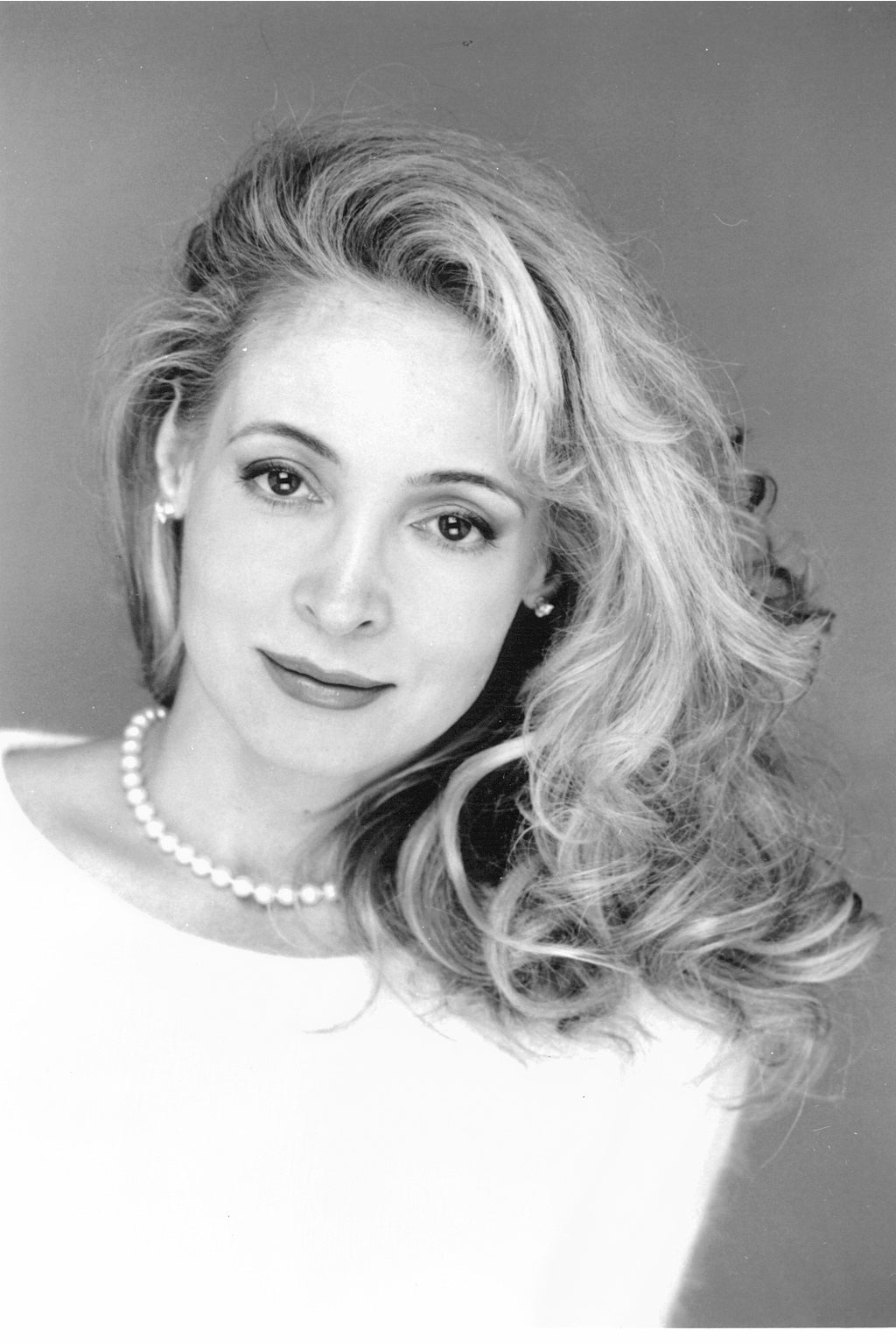I was born in Hungary during the height Communism. Life was bleak for a kid during that time. No TV, no pop music, no fashion, no shopping, no parties, no dances, no movies, no games …. nothing. There was literally nothing else to do for a kid in Communist Hungary, except study .
We had two hours of television broadcasting a night, one channel only, and it was mostly heavily censored news.
We had one hour of pop music a week on Saturdays between 3-4 o’clock. Life, as we knew it stopped for that hour, on Saturday between 3-4… we were glued to the radio listening to the Beatles in awe for that one magical hour on each Saturday afternoon.
Shopping was not much more fun either. The stores carried a choice of one kind of skirt: pleated in navy. Your choice was to buy one or not. Blouses were white or yellow and they rarely had the right size for a teenager… so shopping was out.
There were no dances and no parties because there was no pop music so what is the use. The movies were mostly about Hungarian peasants and industrial workers showing how happy and hopeful their life has become now that Communism has set in… you were really better off studying. I studied physics, chemistry, biology, Latin, English, German … I took great comfort in the fact that at least these text books were not re-written by the ruling party unlike our history books. Studying made me feel like a had a connection to the world beyond Communism, a world I knew little about but I knew existed or at least I hoped it did.
When I was 9 years old my aunt began to make her famous bee pollen face cream for the ladies in the neighborhood. Of course I was right there “helping” her. During the height of communism any kind of private enterprise was strictly forbidden so we had to work behind closed doors and drawn curtains. Soon, her creams became well know and hundreds of women came to buy. Even though, they mostly came at night, in secrecy, knocking on the kitchen window eventually the authorities took notice. The secret police came in one night, confiscated and destroyed all the creams, shut us down. My aunt just narrowly escaped going to jail. I will never forget that night.
Years after my aunt’s untimely death, ladies still came to seek her cream and to talk to her.
I studied classic literature, piano, ballet, more languages and more sciences… that is all I did as I recall other than this bright, brief and fascinating episode of cream making. Life was bleak during Communism … but you learned a lot. I got a Ph. D. in Neuroscience at a very early age of 22.
I came to the US by myself at age 22 not knowing a single soul here. No relatives, however remote, no friends, no acquaintances, nothing. It was the single most difficult thing I have ever done but there was no choice. I could not see myself listening to news or reading books and newspapers, re written by the ruling party, for the rest of my life. My Father spent his entire life’s savings on a one way plain ticket to New York. He had $ 40 dollars left, he gave that to me too for spending money for when I arrive in America. It still gives me chills to remember seeing them at the railway station when I left because we all thought that this was the last time .......
About eight months of unimaginable struggle for survival ensued and then I landed a post-doctoral Fellowship at the University of Pennsylvania. It did not pay anything at first but they had a medical library that was beyond compare. The library was open until midnight each and every day even on Sunday. I was fascinated by this fact because in Hungary the university library closed at 6 without exception. I spent endless hours there trying to make up for lost time. The head of the Department at Penn was baffled by me at first. He has never seen anyone who asks for nothing and works around the clock. I guess he has never been to Hungary… He liked me a lot; we published many scientific papers together on how the right and the left side of the brain differ from each other and how the brain organizes sustained attentional response. We published in journals like Science, Nature, which I did not even realize at the time, was a very big deal.
One day, I was invited to give a lecture at the Neurology Department at Harvard Medical School on the brain studies that we conducted at Penn. When I got the letter of invitation, my blood froze for a second and I was sure that there was a mistake in addressing the letter to the wrong person. I called, I learned that it was meant for me and terror set in. I studied day and night, memorized the entire lecture including the jokes and on a Tues, very early in the morning, went to Boston. I was in a bad state; I threw up in the taxi cab on the way to Harvard. When I arrived I went to the bathroom, cleaned up, looked in the mirror and realized that it can not get much worse than this. It can only get better. Something clicked in my head about “having nothing to loose” and I went for it. The lecture went really well. Fifty people, all in white coats clapped enthusiastically, the head of the department, a man of few words, stood up and called the ideas brilliant and offered me a fellowship at Harvard right then and there. I accepted, mostly because I was hopelessly in love with him by the end of the evening.
The love story went no where, I never, ever said or hinted anything, but Harvard was great. It made me realize how little I really knew and spurred me to go to medical school.
When the time came, I applied to one medical school only, Cornell, in Manhattan. For those, who know anything about applying to medical school, this move is nearly suicidal. Normally, you apply to about 20 schools and hope to get into 1 or 2. I had no idea that this was the way it was done. I could have been able to afford the application fees for twenty schools anyway so it was better I did not know. I got in, I received a full scholarship to study medicine at Cornell and for a day, the day I got accepted I felt really light and happy. It did not last long.
I was the oldest in the class (age 32) and I felt totally out of place among my bright young Ivy league class mates many of them a decade younger, born in the US, bread on sports, TV, pop music and fast food. I was a really good student but it did not come so easy to me as compared to my younger classmates. For the first time I began to develop an uneasy feeling that maybe I am getting older… so I developed an overwhelming interest in all research intended to control the aging process, in an effort of keeping young and healthy for as long as possible. You can see my motivation...
So this is how I got started.

